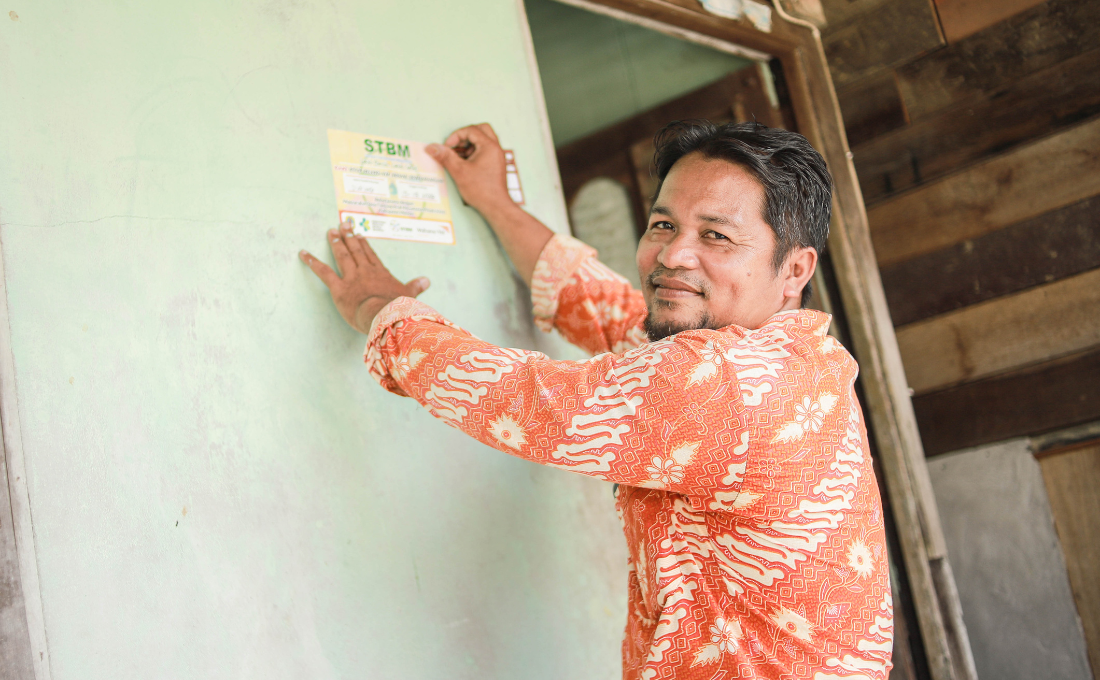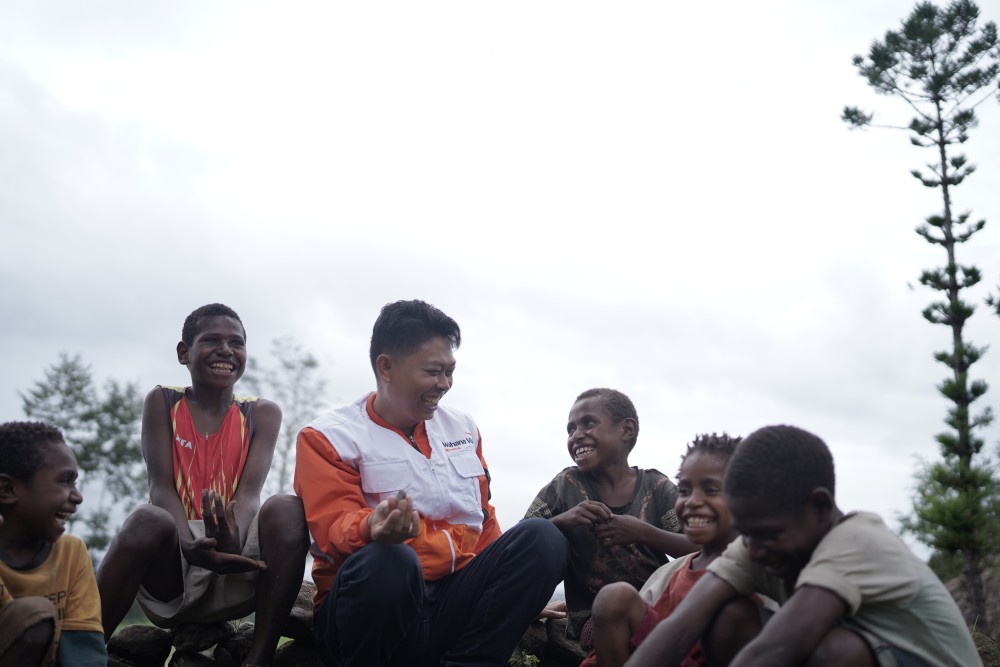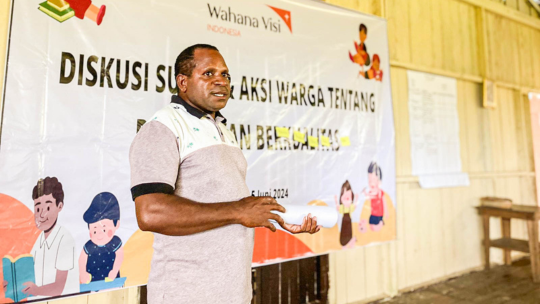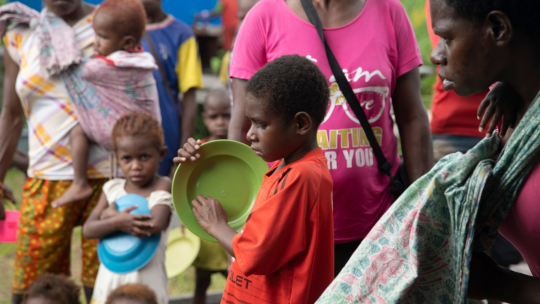Healthy and Clean Lifestyle are The Legacy

A few years ago, open defecation in the river was one of the legacies still practiced by children and communities on the coast of Melawi River, West Kalimantan. Most people still live peacefully with feces that pollute the water sources used for daily needs.
Bathing, washing clothes, and even brushing teeth still use the polluted Melawi River water. People are accustomed to using lanting, a place to defecate in the river without a septic tank or feces containment, instead of the healthier and cleaner floating toilet. As a result, children in villages in Melawi Regency often experience diarrhea and are not familiar with how to live a clean and healthy life.
"I see that the children's development tends to decline day by day, both in terms of knowledge, skills, and social skills, and it is very possible that some children in our village are stunted because they live in an environment with poor sanitation," admits Mr. Maswandi, a school principal in one of WVI's assisted villages in Melawi District.
However, today, the villages in Melawi District that WVI is assisting have declared themselves as ODF (Open Defecation Free) Villages. Children and communities no longer defecate in the river and pollute the environment, but in toilets that they build in their homes. Although initially the community thought it was expensive, have to sacrifice many things to build the toilet together, but because they wanted to leave a good legacy for their children, the community agreed to build a defecation-free village.
"Before we had toilets at home, it was actually unpleasant because if we wanted to defecate, we had to go to the river. Sometimes if I had a stomach ache or it was the middle of the night, I was afraid to go to the river. Sometimes I would hold it until dawn or early in the morning. But if I had a stomachache, I couldn't hold it in. Not having a toilet also makes it a hassle to go back and forth to the river and it's dirty," said Sahril, a 15-year-old boy who now has a toilet in his house.
Sahril's parents were initially hesitant to build a toilet. They wondered how much it would cost. Despite becoming more aware of the importance of toilets in homes, Sahril's family is still unable to build one. This is also the case for many families in the village. Therefore, the village government and WVI, through the Village Fund, provided material support to build toilets for families who actively participated in STBM (Community Based Total Sanitation) socialization.
"Now that there is a toilet in the house, it is more comfortable and there is no need to bother going to the river. Especially at night, we don't have to be afraid to go to the river, especially if it rains and we are sick. In the river there is also no soap for hand washing with sopa, after defecation. At home there is already a toilet and soap, so it is easier and I am happy," said Sahril.
Author: Mariana Kurniawati (Communication Executive)



